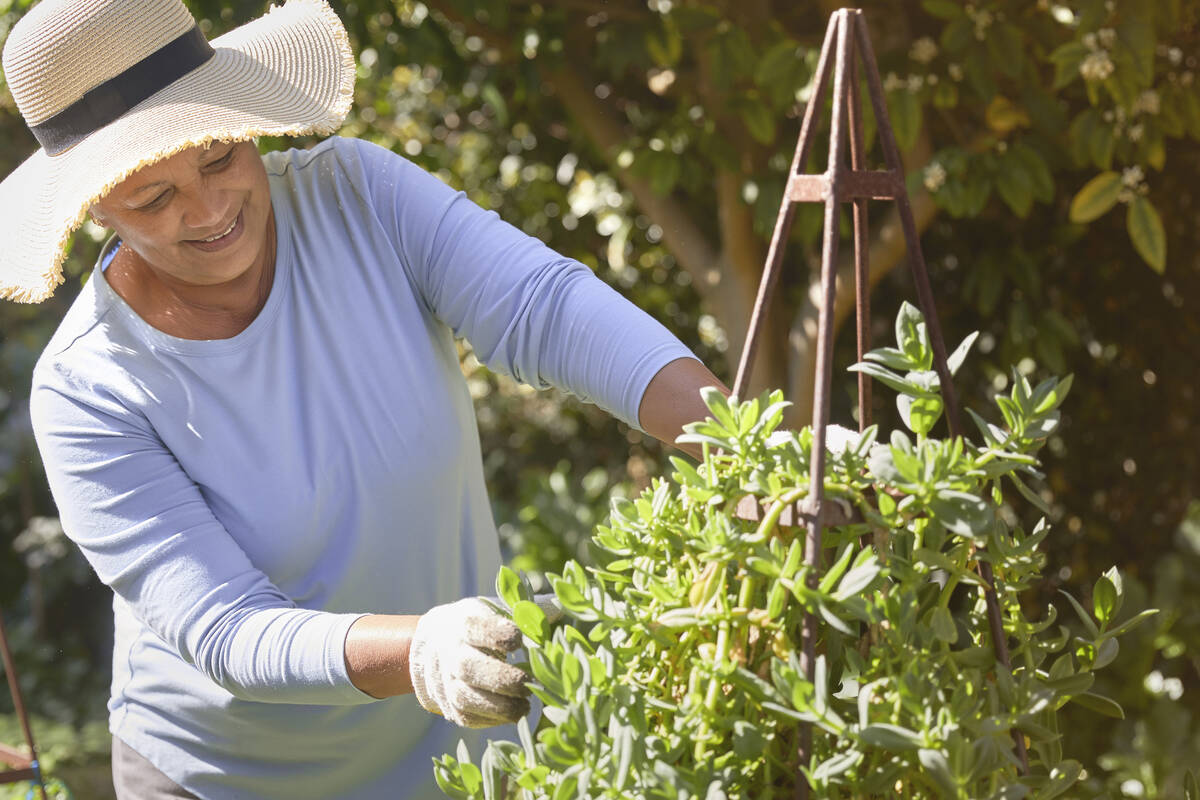Tips for cancer patients to stay safe in the summer
Question: I have diabetes and high blood pressure. I take medication but have committed to a healthier lifestyle, including daily walks outside, swimming and other outdoor activities with my family. Recently, I was diagnosed with breast cancer. As summer temperatures soar, I am concerned about whether the heat will affect me. Are there things I should know or do to stay safe?
Answer: Keeping your body cool during extremely high temperatures is important, regardless of any medical conditions. As a cancer patient, it’s essential to take extra care during the hot summer months since cancer treatments can make your body more sensitive to the sun and heat.
When temperatures soar, the heat can take a toll on the body, mind and spirit. A recent study noted an increased incidence of people going to emergency rooms with psychiatric and mental health-related concerns during periods of high heat.
In addition to physical discomfort resulting from heat and sweating, irritability is a common side effect of extreme temperatures. Fatigue also can result from poor quality sleep, leaving people feeling stressed and on edge.
Heat also can affect medications. Some can become degraded during temperature changes. You noted having been diagnosed with diabetes. If you take insulin for your diabetes, that is one of those medications that needs to be stored in a place where the temperature will not get too high.
Certain medications can increase your risk for heat-related issues. Diuretics, for instance, can cause increased urine output, leading to dehydration, mental status changes and confusion. High blood pressure medications, antihistamines and certain psychiatric medicines can change your regulation of heat, your ability to sense that you’re too hot and your ability to sweat.
If you are receiving chemotherapy or radiation treatment for cancer, the biggest risk is excessive sun exposure. Radiation therapy can cause dryness, itching, redness and blistering of the skin. Sun exposure could worsen these effects and cause increased discomfort. Some chemotherapy drugs can cause photosensitivity, making the skin more sensitive to sunlight and increasing the risk of sunburn and skin damage.
It is important for your quality of life to be able to continue enjoying the activities you like, but consider modifying them during the summer months. Can you walk indoors, perhaps at an air-conditioned indoor shopping plaza? Are there alternative family activities you can enjoy, like visiting a museum?
If you must venture outdoors, plan your activities for cooler times of day and consider these tips to protect yourself and your family:
Stay out of direct sunlight, especially during peak hours when the sun is strongest, usually between noon and 4 p.m. Seek shade if you plan to be outdoors.
Dress appropriately. Choose lightweight, loose-fitting clothes. If you are going outside, wear protective clothing that covers your arms, legs and neck. A wide-brimmed hat and sunglasses can help to shield your face and eyes from the sun.
Wear sunscreen — and reapply. Selecting a broad-spectrum sunscreen with a high sun protection factor is essential. Reapply after several hours, or after sweating or being in water. And don’t forget to apply sunscreen to your face and ears.
Stay hydrated. During the hot months, it is important to hydrate continually. Drink water regularly throughout the day, even if you don’t feel thirsty. Carry a water bottle with you and take small sips frequently. Avoid alcohol. If you are working or playing outdoors — whether in the garden or on the water — consider adding a drink with electrolytes after the second or third bottle of water. Activity and sweating can cause you to lose salts and water, so an electrolyte drink can help replace and replenish your levels.
Be aware of your body. Heat illness begins with heat exhaustion when you might begin to feel nauseous, tired, dried out and thirsty. This can advance to heatstroke if you don’t cool down and hydrate.
Since everyone is different, staying in touch with your health care team to discuss the specifics of your therapy and any additional recommendations is important. With a little extra awareness, you can continue to enjoy a good quality of life and remain healthy during the warmer weather.













